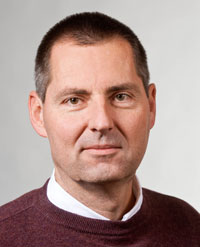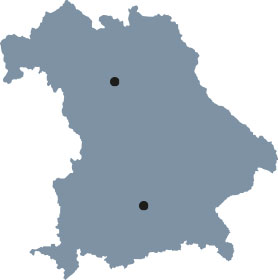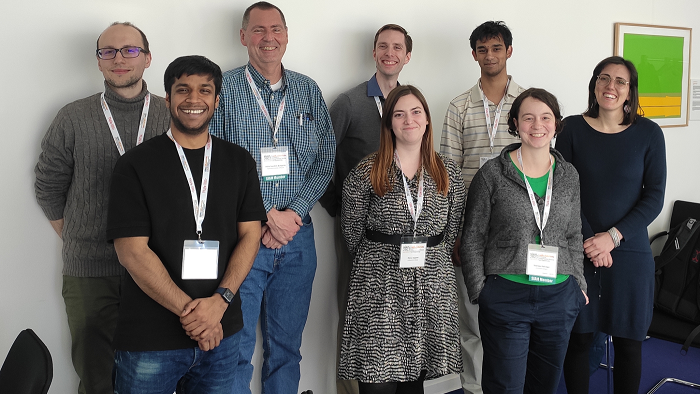Bavarian Graduate School of Computational Engineering
Computations connect theory with experiment and represent a third approach to gain insight and achieve optimized products. Simulation or machine learning, supercomputer or GPU, evo-lutionary or disruptive insight: Major breakthroughs in today’s technologies can only be realized with the support of computational methods. The Elite Graduate Program prepares students perfectly for future challenges in this field due to a concept extending across locations and an individual mentoring in a truly multidisciplinary context.
| Degree | Master of Science with Honors Certificate |
| Duration of study | Four semesters |
| Place of study | Munich, Erlangen |
| Admission requirements | You must study one of these three master programs: Computational Engineering (FAU), Computational Mechanics (TUM), Computational Science and Engineering (TUM)(TUM) |
| Language of instruction | English |
| Application deadline | January 31st |
| Begin of studies | Summer semester |
| Head | Prof. Dr. Hans-Joachim Bungartz |
| Coordinator | Dr. Tobias Neckel Contact the coordinator |
| Further information | Website Bavarian Graduate School of Computational Engineering |
Many technical innovations will be achieved in multidisciplinary teams only: Engineers, mathematicians and computer scientist need to work closely together. In this context, realistic simulations on efficient computer systems are a key technology.
Mastering this important tool allows for an important developmental edge in the world-wide competition in almost all disciplines. Scientists and engineers working in such multidisciplinary teams need considerably more expertise and experience in all involved fields compared to traditional degree programs.
Therefore, the multidisciplinary and international master’s degree programs “Computational Mechanics" (COME), “Computational Science and Engineering" (CSE) and “Computational Engineering" (CE) were introduced in the early 2000s at TU Munich and FAU Erlangen-Nürnberg. These three Master programs represent the base programs for the “Bavarian Graduate School of Computational Engineering (BGCE)“.


The Elite Graduate Program teaches the methodology of advanced computing for simulations and data analyses in science and engineering – interdisciplinary and at the highest level.
Prof. Dr. Hans-Joachim Bungartz
While keeping the successfully introduced base programs with a Master of Science, students of the Elite Graduate Program BGCE obtain a Master of Science with additional designation “with honours”. BGCE thus represents an umbrella structure for the base programs COME, CSE, and CE. A new, research- and project-focused component in the education extends the existing curricula while exploiting synergies between different topics and locations.
Many simulation tasks require a high computational power of the underlying computer systems, frequently related to High-Performance Computing (HPC). Bavaria leads the German national ranking with respect to the usage of HPC systems. The supercomputer SuperMUC-NG is located in the Leibniz-Rechenzentrum (LRZ) in Garching close to Munich.
As of November 2018, this machine is the second-fastest system in Europe while applying ebullient cooling in a unique order of magnitude to reduce the energy consumption. Hence, the computational infrastructure provides – in combination with the scientific environment – optimal conditions for simulations and data analyses in the context of the “Bavarian Graduate School of Computational Engineering”.




